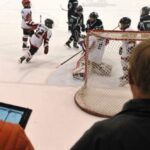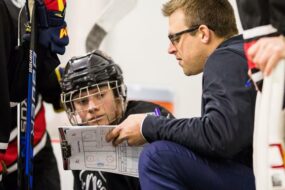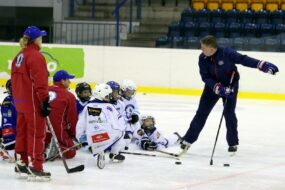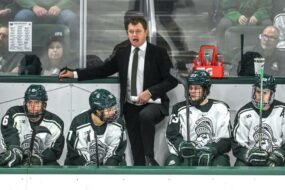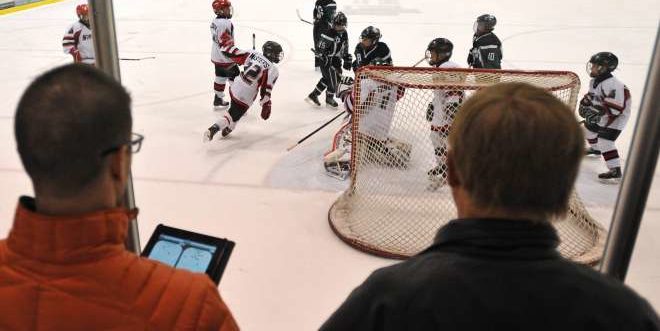
Whether you find yourself in the early stages of coaching peewee hockey or proudly hold the Jack Adams Trophy, the journey of a hockey coach should always involve a relentless pursuit of knowledge about the game and the intricacies of coaching. Beyond merely devising X’s and O’s and selecting optimal line combinations, coaching requires a continual effort to balance leadership with ensuring every player has fair opportunities.
Coaching hockey adds a layer of complexity to the already intricate sport, demanding a fresh level of comprehension and analysis. As a player, concerns typically revolve around one’s individual position, but as a coach, a comprehensive understanding of every position becomes imperative, influencing the overall team strategy. Regardless of your coaching level in hockey, here are five compelling reasons to remain committed to learning, irrespective of your team’s success.
The Game Evolves
What proved effective in one season may lose its impact in the next, particularly for coaches operating at higher echelons of competitive hockey, including the NHL. Adversarial teams can decipher your tactics, devising counter-strategies to nullify them. A winning game plan remains effective in the league until it inevitably becomes obsolete. Given the ever-evolving nature of hockey, which has likely transformed since your playing days, it’s crucial to stay abreast of the game’s developments and ascertain how to integrate them into your coaching approach.
The sport as a whole undergoes changes, rendering outdated strategies ineffectual and obsolete. As a coach, staying attuned to the evolving dynamics of hockey is paramount. It’s essential to recall that, preceding the era of dynamic, offensive hockey in the NHL, coaches once deemed the neutral zone trap a viable and effective strategy. While it enjoyed success for a period, like most strategies, it eventually became predictable, prompting other coaches to devise counter-systems.
Personal Development
Acquiring new skills for personal development is an often overlooked aspect of being a hockey coach. While it’s typically a voluntary position for parents, there are numerous valuable lessons to be gained. It serves as an excellent opportunity to enhance leadership skills and refine public speaking abilities. Many youth hockey coaches recognize the on-the-job training that occurs in managing conflicts with hockey parents.
Assuming the role of a hockey team coach also holds significance in a child’s early life. Insights gained from interacting with players can contribute to becoming a more patient and empathetic individual, emphasizing that success in sports isn’t solely defined by winning. Amidst the time devoted to drills during practices, it’s essential to allocate time for self-discovery and understanding one’s performance in a leadership capacity.
To Learn More About Your Players
This aligns closely with personal development, but as a coach, there should be a desire to delve deeper into understanding how to effectively communicate with your players. At the NHL level, there’s frequent discussion about a coach potentially ‘losing a dressing room,’ signifying that the coach’s words no longer resonate with the players. This disconnect could stem from a lack of motivation or a diminishing confidence in the team’s on-ice system. Regardless of the circumstances, coaches must consistently strive to learn how to maintain a strong connection with their players.
Fostering a robust bond with your players serves as a cornerstone for building team camaraderie. It’s essential to recognize that players often mirror their coach’s demeanor on the ice. If you exude positivity and provide support, players will be motivated to play and win for you. Conversely, if negativity is evident behind the bench, players will absorb that energy as well.

